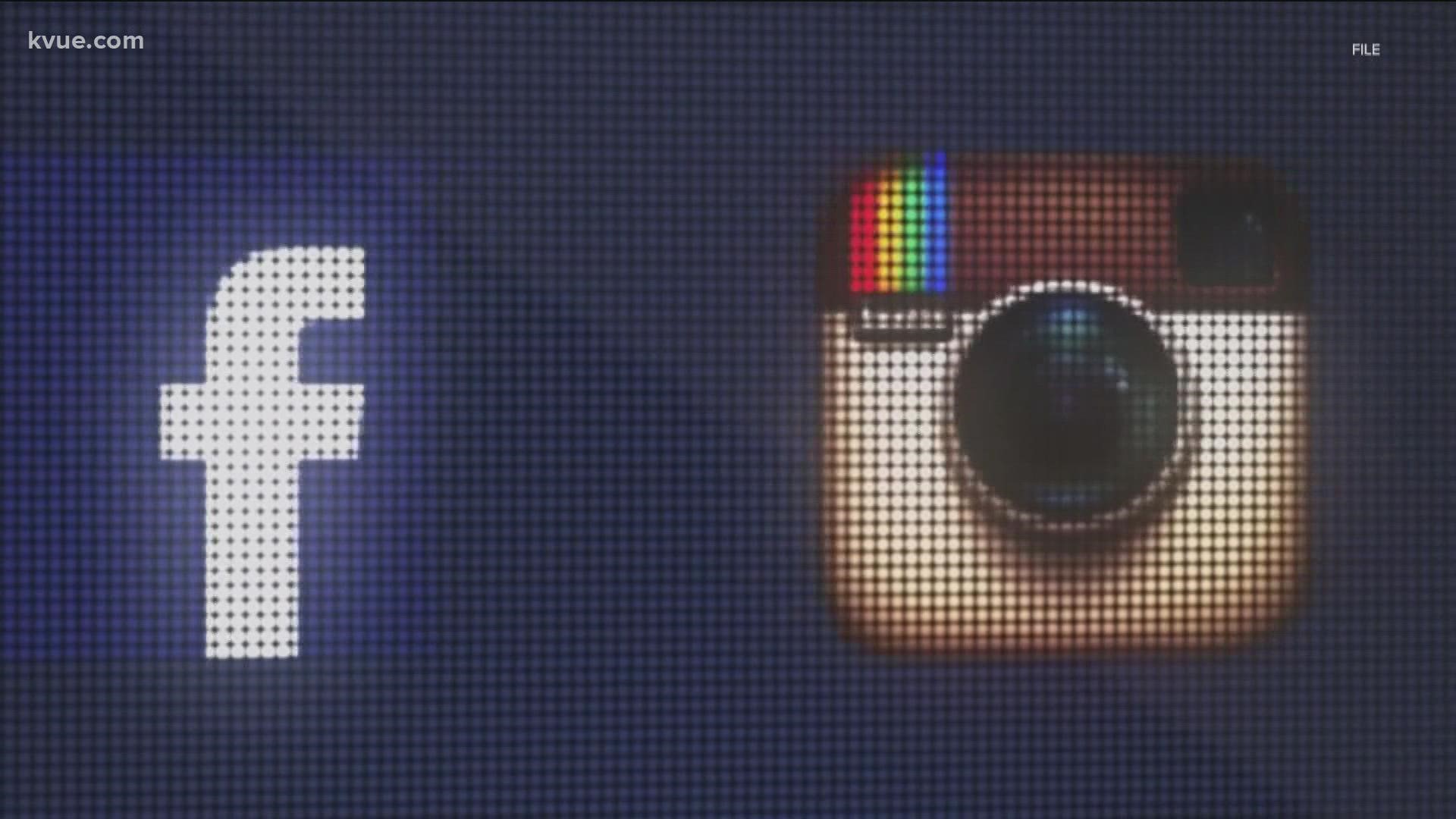AUSTIN, Texas — Texas' new law barring big social media companies from banning users based on their political viewpoints is facing a lawsuit from technology trade groups that represent Facebook, Google's YouTube and Twitter.
Disinformation expert and University of Texas Journalism Assistant professor Samuel Wooley said House Bill 20 could have a harmful ripple effect.
"These companies can control your speech," said Wooley. "They're private entities and they have to be treated as such. Otherwise, we risk getting on a slippery slope where we start telling people and their businesses that they can't say certain political things in their businesses."
Netchoice and the Computer and Communications Industry Association filed the lawsuit to block the law, saying it would leave them and users vulnerable to harmful information.
"It tries to treat social media companies like phone companies and say, 'You can't treat someone differently because they have a different politics on the phone,' so you shouldn't be able to do on social media," said Wooley. "Social media is a whole different ballgame."
Supporters of the Republican-led anti-censorship law said it protects freedom of speech, but Wooley said it could increase the spread of misinformation.
"This misinformation that's spreading around is about health, it's about health care, it's about the elections and, increasingly, it's becoming really dangerous to people," said Wooley. "Actually, the research shows that false information and bad news travels a lot quicker online than true information or good news."
Wooley also said it would be hard to enforce.
"This idea that you would, say, zero in on to content that only appears in Texas and then only political content in Texas is, kind of, doesn't make a whole lot of sense, technologically," said Wooley. "The other thing, too, is that a lot of people who use the internet use what's called VPNs, and these are ways of blocking your IP address so that it says even though you're in Texas, it says that you're in Florida, it says that you're in Nigeria."
A judge recently blocked a similar bill in Florida.
We reached out to Gov. Greg Abbott for a comment but haven't heard back.
PEOPLE ARE ALSO READING:

